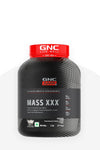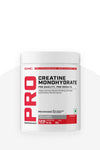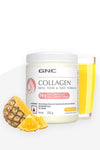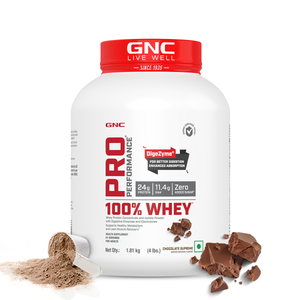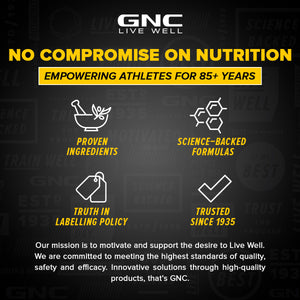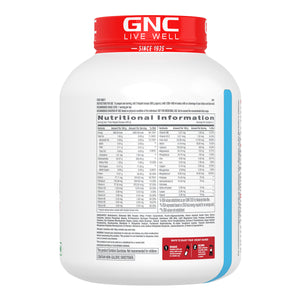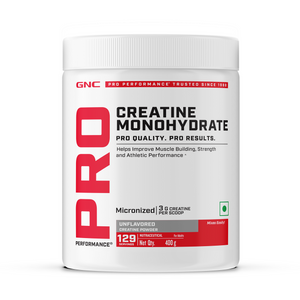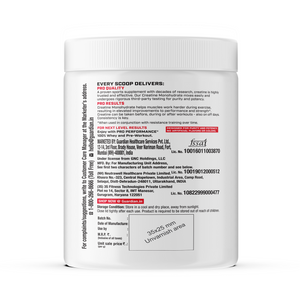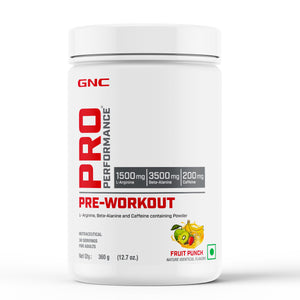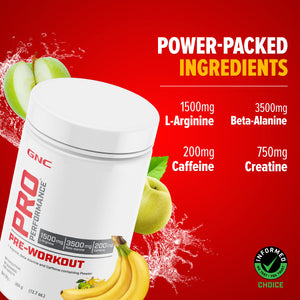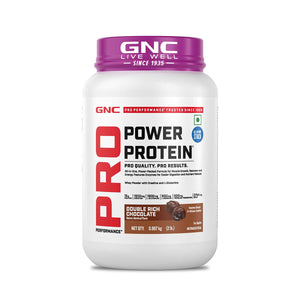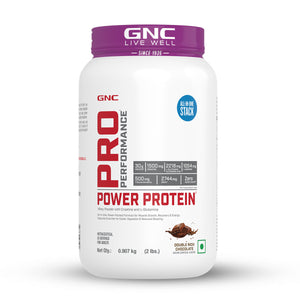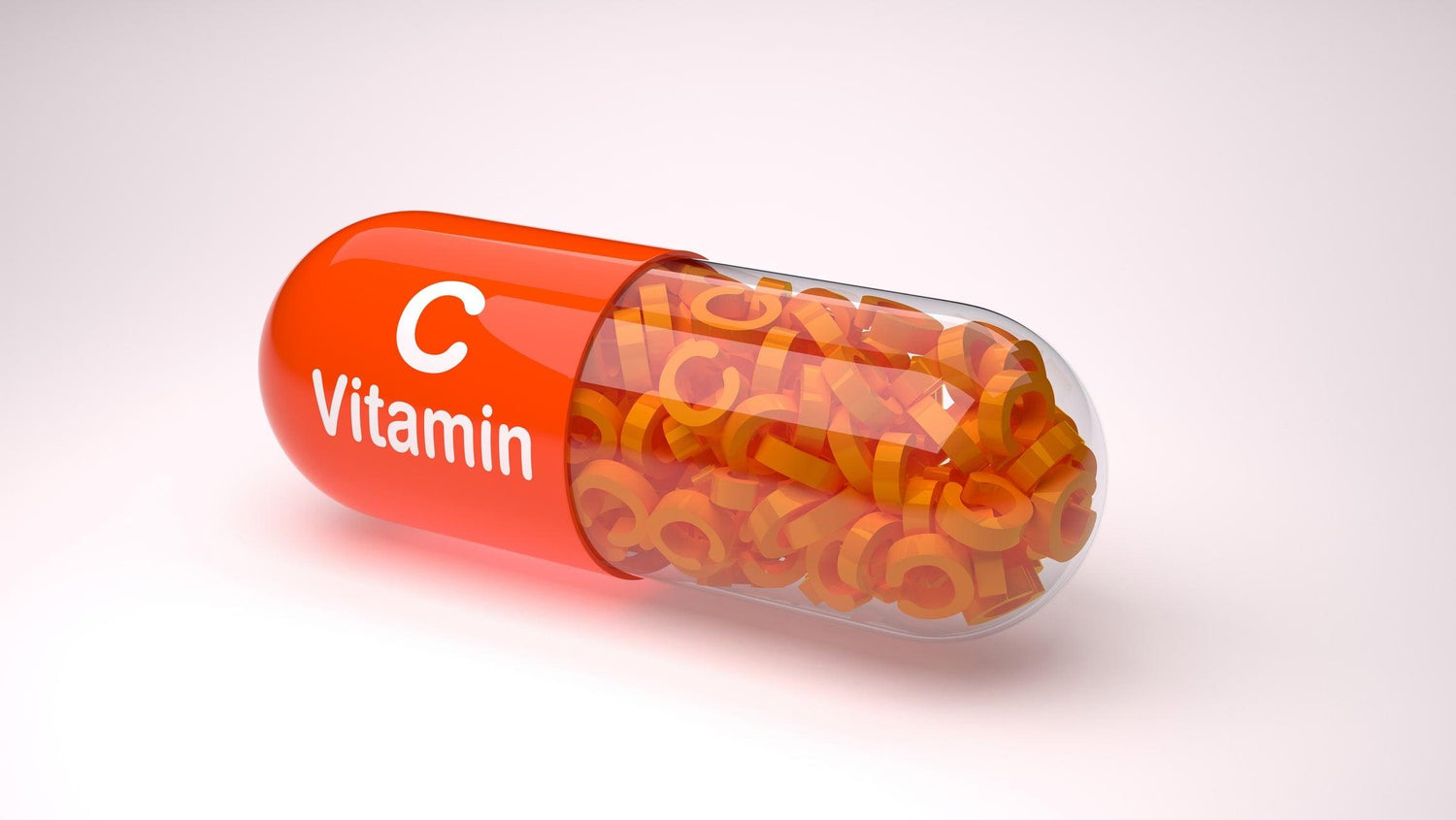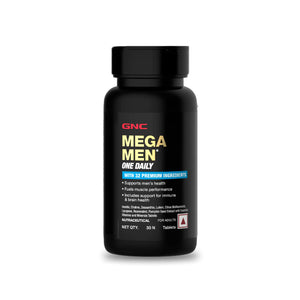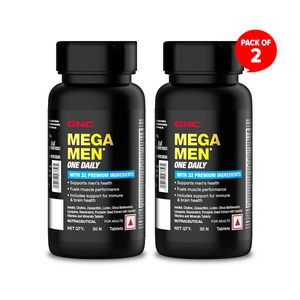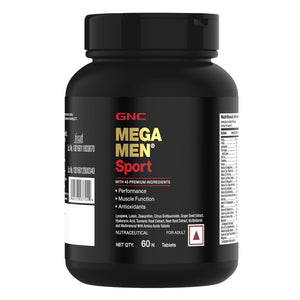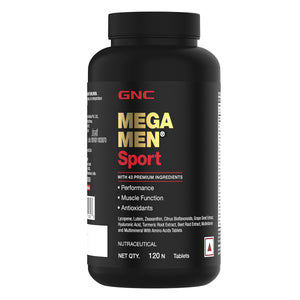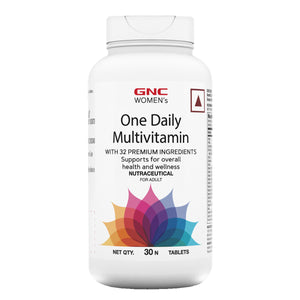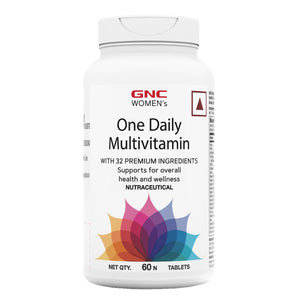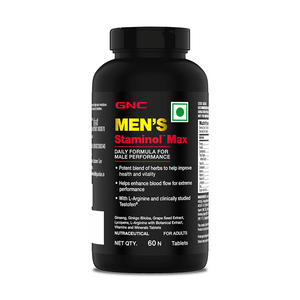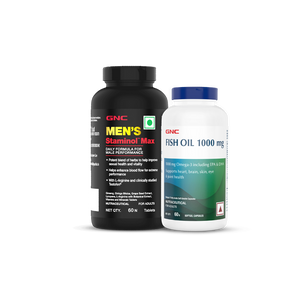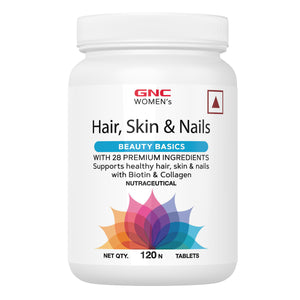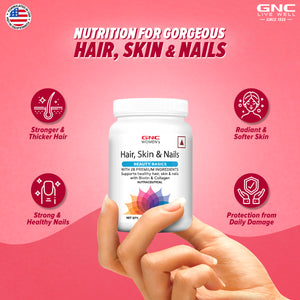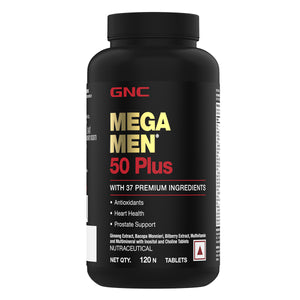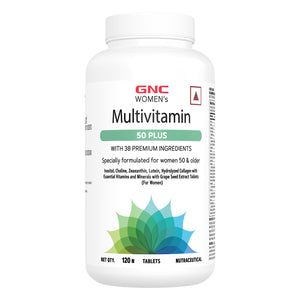
The liver is the storehouse of our nutrients and a very sensitive organ too. Among all, non-alcoholic fatty liver disease (NAFLD) is the most common liver disease. A few years ago, NAFLD was considered to affect a small group of population and was not taken seriously. It is a type of accumulation of excessive fat in patients without excessive alcohol intake. In recent years, the prevalence of NAFLD has increased rapidly both in developed and developing countries.
The worldwide prevalence was ranged from 3% to 45% in the general population.
Symptoms of Non-Alcoholic Fatty Liver Syndrome
NAFLD usually doesn’t show any symptoms, but when it does – it includes mainly:
- Liver Inflammation
- Fatigue
- Pain in the upper right abdomen
Causes of NAFLD include
- Overweight or obesity
- Insulin resistance
- Type 2 diabetes or pre-diabetes
- High levels of triglycerides in the blood
These may cause excess fat accumulation in the liver and excess fats to act as a toxin to liver cells, leading to liver inflammation and NAFLD.
Vitamin C, or ascorbic acid, is probably the most well-known vitamin. It is considered the “cellular cement” of the body. The impact of this vitamin is felt all over the body and is essential to good health. Vitamin C is a key component of collagen, an abundant protein that forms the connective tissue in bone, muscle, blood vessels, teeth, and gums.
Vitamin C is also one of the most fragile vitamins. It is easily oxidized when exposed to air and is subject to losses during harvesting, transportation, storage, processing and cooking. Vitamin C is necessary for the absorption of iron and it may help support natural resistance and immunity.
Vitamin C is necessary for the absorption of iron and it may help support natural resistance and immunity. Vitamin C is an antioxidant. Antioxidants protect healthy cells, including muscle cells, from damage caused by destructive free radicals. Free radicals are the result of normal metabolic processes like respiration and metabolizing food. They can also be caused by aging and intense exercise.
How Vitamin C help prevent non-alcoholic fatty liver disease?
Vitamin C, a powerful antioxidant is capable of reducing free radicals, taking part in multiple enzymatic reactions as a reducing agent. Vitamin C is suggested to be involved in the regulation of both circulating and hepatic lipid homeostasis. Thus, in view of the important function of vitamin C, it probably plays a protective role against NAFLD
Studies have shown mixed results, whereas one population suffering from NAFLD had lower levels if Vitamin C and other populations – no difference was observed.
GNC presents time-released Vitamin C supplements which will help to improve your immunity levels and also keep liver happy.



